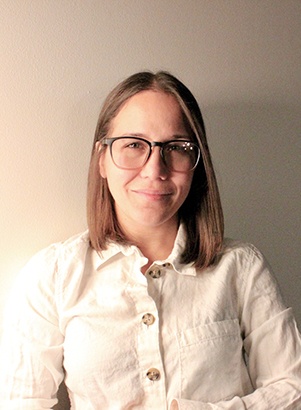Dr. Raisa Hernández Pacheco was announced as a recipient of the Travel Award from the Animal Models of Social Aging Research Network for her work on individual health within social contexts.
Pacheco, who is the director of the Quantitative Ecology Lab at Long Beach State, said she felt great about being a recipient of the Travel Award and has felt more motivated, gaining a “sense of pride from receiving strong recognition.”
Pacheco’s case study centers around the Cayo Santiago rhesus macaques, a group of monkeys located on the small island southeast of Puerto Rico. Rhesus monkeys have been used for various experiments in the scientific community, including the wire mother experiment in 1950 and two space experiments in 1949.
Pacheco’s experiment was influenced by work previously done on social interactions within humans social groups. The problem Pacheco faced, however, was that human studies have high levels of errors from attrition, which can result in participants leaving due to unsatisfactory treatment and intolerable events.
She experimented with the rhesus monkeys since it is much easier to record their interactions and movements.
“Many individuals, especially those very sick or with difficulty to participate in a clinical trial, end up abandoning the trial which biases studies towards certain individuals,” she said. “I want to use a comparative model, the rhesus macaques, to improve current models of health with data in which attrition is not present.”
Pacheco said she has been performing cognitive tests on individual monkeys to classify rhesus monkeys based on how well they think, learn and remember within their own society.
The network will be giving Pacheco continued support on her study that will develop animal models and comparative research to find an understanding of the social determinants of health and aging with the rhesus monkeys.
“Part of their support is the recruitment of researchers into the field by providing fellowships for research and professional development,” she said.
Pacheco will be flying to Shripad Tuljapurkar’s lab at Stanford University where she will conduct more studies before the end of the year and again in 2022 to record changes in the rhesus monkey’s cognitive performance.




